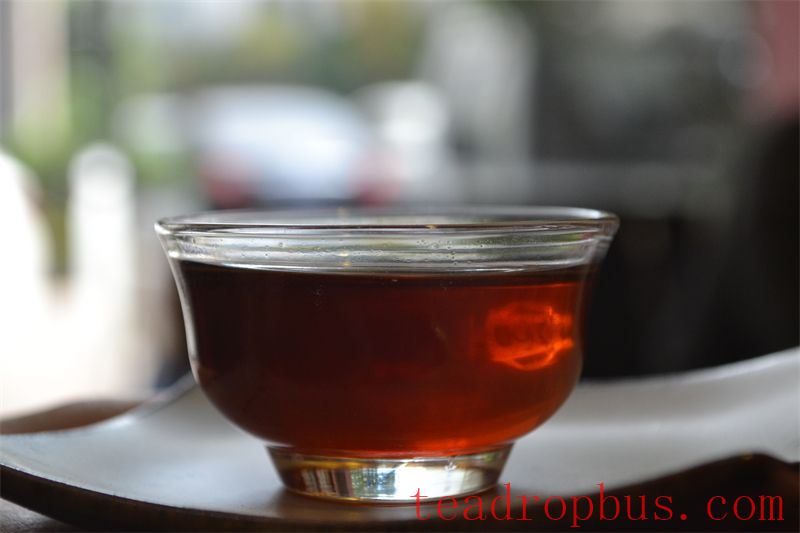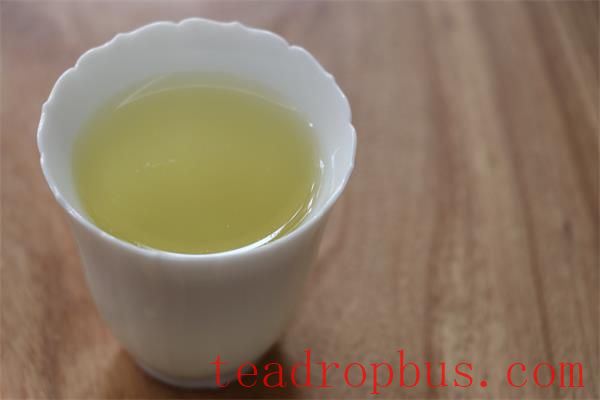Moisture – the evil of all things. Eating too much meat, consuming contaminated food, along with a lack of exercise, leads to an overabundance of yin and deficiency of yang within the body, allowing moisture to accumulate internally. Over time, this can harm the spleen. When the spleen is harmed, it cannot fully transform water into its proper state, causing it to build up in the body.
How Moisture Is Generated
Dietary Factors: According to Traditional Chinese Medicine (TCM), a weak spleen causes loose stools. Historically, Chinese people should primarily consume grains and legumes, but many now favor meat. Over time, this meat-heavy diet can lead to poorly formed stools, indicating a weak spleen and internal moisture accumulation.
Internal Moisture-Related Illnesses: Staying up late and taking a bath right before bed means that the pores are closed when the body is resting, preventing the expulsion of moisture.
External Moisture-Related Illnesses: Patients exposed to fog or mist, getting their clothes wet with sweat, working in water, wading through water or getting caught in the rain, or living in damp areas can develop such conditions.
Additionally, summer is the season with the most abundant yang energy, and the body's pores open up, making it easier for cold and moisture to be excreted through sweat. However, some people use air conditioning and consume cold drinks, preventing the natural expulsion of cold and moisture, which accumulates until autumn, leaving the body riddled with moisture.

Treating Moisture Through Tea
Drinking Green Tea: Green tea preserves the majority of the fresh leaves' components, including large amounts of Caffeine, polyphenols, and other elements.
Thus, drinking green tea aids in diuresis and helps expel moisture. What type of green tea should you choose? Options like Dongting Biluochun, West Lake Longjing, Huangshan Maofeng, Xinyang Maojian, and Anji White Tea are all excellent choices.
Green tea is cool in nature, so those who are naturally cold should observe and limit their intake. For tea enthusiasts with stomach issues, if discomfort occurs, they should reduce or stop consumption. For the general population, once their constitution improves, they can consider alternating with other teas, drinking green tea in the morning and other teas in the afternoon.
Drinking Pu'er Tea: Pu'er tea comes in two varieties: raw and ripe. Raw Pu'er is slightly cool and can help clear heat, but it can also irritate the stomach. Ripe Pu'er is more gentle.
For those with significant internal moisture who want to expel it while also nurturing their stomachs, the mild Pu'er ripe tea is a great choice.

Drinking Oolong Tea: Those with heavy moisture often have suboptimal spleen and stomach functions, and some may have a cold constitution. In such cases, opt for warm teas like oolong, Dahongpao, or black tea.
These teas have good qi, aiding in circulation. Of course, all teas have diuretic properties, making them quite effective at eliminating moisture.
Effective Tips for Managing Moisture
One
Mugwort Leaves
Soak your feet or take a bath with mugwort leaves. You can use Chinese Herbs to induce sweating and dispel moisture.
Two
Ginger
Use ginger to induce sweating. If you get caught in the rain or catch a chill, you can use ginger to drive away the moisture in your body.
Three
Sweating Through Exercise
Exercising and sweating is a great way to eliminate moisture. By sweating during exercise, you can expel moisture. At the same time, those with high moisture levels should avoid using air conditioning excessively and use fans sparingly.
Four
A Balanced Diet
Eat a low-salt, light diet, avoiding raw and cold foods, cold drinks, and cool fruits and vegetables such as lettuce, watermelon, Chinese cabbage, bitter melon, eggplant, lotus root, cucumber, persimmon, pineapple, and pear. When cooking, add scallions and ginger to counteract the coolness of the vegetables.
Five
Keeping Your Home Dry
During rainy weather, keep windows and doors closed to prevent moisture from entering. Be mindful of preventing external moisture from entering your body and generating internal moisture.